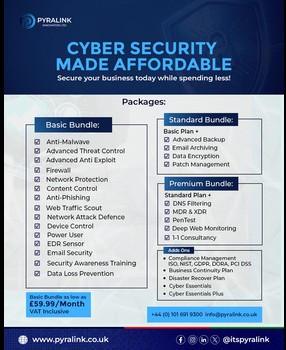A Must-Have for Managers and Key Decision Makers
Of all the communication methods, email has become an indispensable communication tool for businesses of all sizes. However, as the popularity of email has grown, so are the threats it faces. From phishing scams and malware to data breaches and ransomware attacks, email security has become a critical concern for managers and key decision makers.
The Cost of Email Breaches
Email breaches can have a devastating impact on businesses, both financially and reputationally. The costs associated with a data breach can include:
Lost revenue
Legal expenses
Customer churn
Damage to brand reputation
The Importance of Email Security for Managers and Key Decision Makers
Managers and key decision makers have a responsibility to protect their organization's sensitive data and ensure business continuity. Email security is essential for:
Data protection: Protecting sensitive information, such as customer data, financial data, and intellectual property.
Regulatory compliance: Adhering to relevant regulations and standards, such as GDPR and HIPAA.
Risk mitigation: Reducing the risk of data breaches and other security incidents.
Business continuity: Ensuring that your business can continue to operate in the event of a security breach.
Customer trust: Building and maintaining trust with customers and partners.
Key Email Security Threats
Phishing attacks: Phishing emails attempt to trick recipients into clicking on malicious links or opening attachments.
Malware: Malware can infect your email systems and spread to other devices on your network.
Data breaches: Data breaches can occur when unauthorized individuals gain access to your email data.
Ransomware: Ransomware attacks encrypt your data and demand a ransom payment to restore access.
Best Practices for Email Security
To protect your organization from email threats, consider implementing the following best practices:
Use strong passwords: Create complex passwords that are difficult to guess.
Enable two-factor authentication: Add an extra layer of security by requiring a second form of verification.
Be cautious of phishing emails: Educate employees on how to recognize and avoid phishing scams.
Keep software updated: Ensure that your email software and operating system are up to date with the latest security patches.
Implement email security solutions: Use advanced email security solutions to protect your organization from threats.
Train employees: Educate employees on email security best practices and the importance of reporting suspicious activity.
Conclusion
Email security is a critical concern for managers and key decision makers. By implementing best practices and using advanced email security solutions, you can protect your organization from email threats and ensure the security of your sensitive data.

